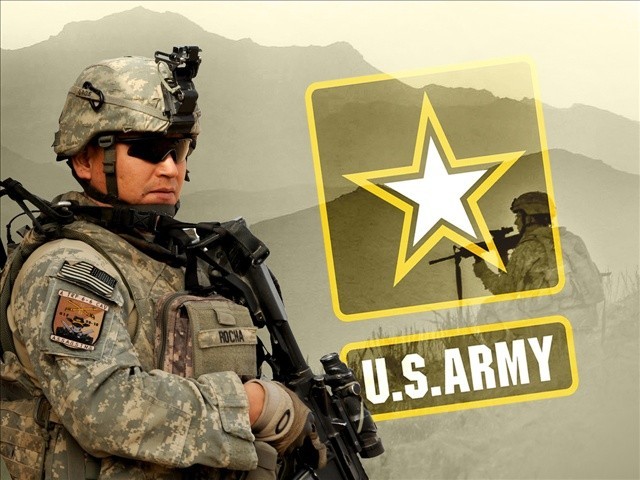WASHINGTON (AP) - The Army removed 588 soldiers from sensitive jobs such as sexual assault counselors and recruiters after finding they had committed infractions such as sexual assault, child abuse and drunken driving, officials said Wednesday.
The move resulted from orders by Defense Secretary Chuck Hagel last year that all the services review the qualifications of people holding those jobs as part of an effort to stem a rising number of sexual assaults in the military.
The Army said it reviewed the qualifications and records of 20,000 soldiers and found 588 unsuitable for their jobs as recruiters, drill sergeants, training school instructors and staff of sexual assault prevention and response programs. The Army said in a statement that 79 soldiers are leaving the service and ``others could face further actions from their commands.'' The statement did not say whether the 79 are leaving voluntarily.
Lt. Col. Alayne Conway, an Army spokeswoman, said examples of soldier infractions found in the review included sexual assault, child abuse and drunken driving. It was unclear whether those had happened during their military service or before.
``We will continue working to better ensure we select the very best people for these posts, and that the chain of command knows what is expected of them, and how important this work is to the Army,'' Col. David Patterson, another Army spokesman, said in a statement.
The Navy looked at some 11,000 employees and found five unqualified. The Air Force said that of about 2,500 sexual assault victim advocates and assault response coordinators, two advocates were removed from their jobs because of problems with their backgrounds. The Marine Corps did not respond to requests for information about their reviews, but USA Today, which first reported the results of the reviews, said the Marines found no one to disqualify.
It was unclear why the other service branches reported so few problems, but Pentagon officials said one likely reason was that the Army did a more stringent review, going beyond what Hagel had ordered. It scrutinized not only its recruiting and sex assault response and prevention staffs, but also people in other jobs it calls ``positions of trust,'' such as the drill sergeants and other training instructors. It also scoured their records for a broader range of potentially problematic behaviors, officials said.
Rear Adm. John Kirby, the Pentagon's press secretary, noted the extra work done by the Army.
Hagel ``was happy to learn that the Army widened the scope of their review and he is grateful for the work they have done to get a better grip on a very difficult issue and hold people accountable,'' Kirby said.
Hagel in May ordered the military to recertify all 25,000 people involved in programs designed to prevent and respond to sexual assault and to review the qualifications of some 19,000 recruiters.
He and Army Gen. Martin Dempsey, the chairman of the Joint Chiefs of Staff, spoke at a Pentagon news conference one day after all of the military's highest uniformed and civilian leadership were summoned to the White House to discuss the sexual assault problem with President Barack Obama, who has expressed impatience with the Pentagon's failure to solve it.
``I am concerned that this department may be nearing a stage where the frequency of this crime and the perception that there is tolerance of it could very well undermine our ability to effectively carry out the mission, and to recruit and retain good people,'' Hagel wrote in his May order to the services.
The issue of sexual assaults has gripped the military in the last year after a series of high-profile cases from its academy students to generals. Outrage among lawmakers has produced new ideas for tightening the way sexual-assault cases are handled in the military justice system.
Meanwhile, the department reported at a congressional hearing Wednesday that preliminary figures show the number of reported sexual assaults across the military shot up by some 60 percent this year to 5,400, or three times that of 2004. Defense officials have said the rise suggests victims are becoming more willing to come forward after a tumultuous year of scandals that shined a spotlight on the crimes and put pressure on the military to take a number of aggressive steps.
Monday
April 21st, 2025
1:19AM









